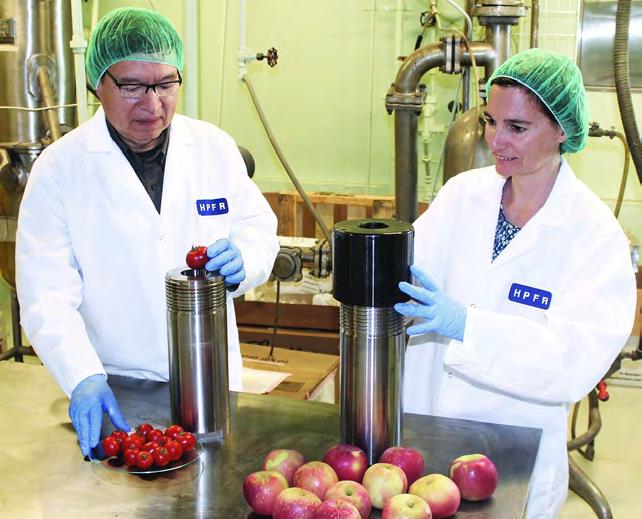FEATURE
Information asymmetry and the age of misconception Words by Chris Preston
P
ut simply, information asymmetry is where one party to a transaction knows more than the other. Where the superior information is relevant to the transaction, it creates a power imbalance that favours the more knowledgeable party. In the real world, information asymmetry is present in virtually every transaction we make - sometimes we are the more knowledgeable party, oftentimes the less, but we can recognise that classical economic theory predicated on perfect, or at best equal, knowledge lacks street cred. Investigating information asymmetry in real world markets can win you a Nobel prize (Akerlof, Spence & Stiglitz, 2001). For the food industry, information asymmetry is most present in the
34 food australia
relationship between the consumer and the manufacturer. When buying food, the vast majority of consumers are at a significant informational disadvantage. The manufacturer, or marketer, will have significantly more knowledge about the product to which the consumer has little or no access, and little or no means of engaging with the manufacturer prior to purchase. In these circumstances, consumers have little choice but to rely on the label representations made by the company about its products. This asymmetry lies at the heart of, and is the rationale for, the consumer law prohibitions against conduct that is misleading or deceptive, and also the mandatory labelling laws that seek to redress the information gap between company and consumer.
Modern consumers also enjoy access to an astounding amount of data from many sources, of which the data provided by a company is but one. It competes with the memes and opinions of friends, influencers and indeed anyone with a social media megaphone. However, data is not the same as information. Data needs a conceptual framework to facilitate analysis before it can deliver information. Trust in the source is one such framework, and well might we ponder how trustworthy we are in the eyes of consumers. Certainly, when it comes to labelling, trust is hard to win and easy to lose, especially where information asymmetry leads to trust being placed in the wrong places, creating a celebrity culture of misconception.

















